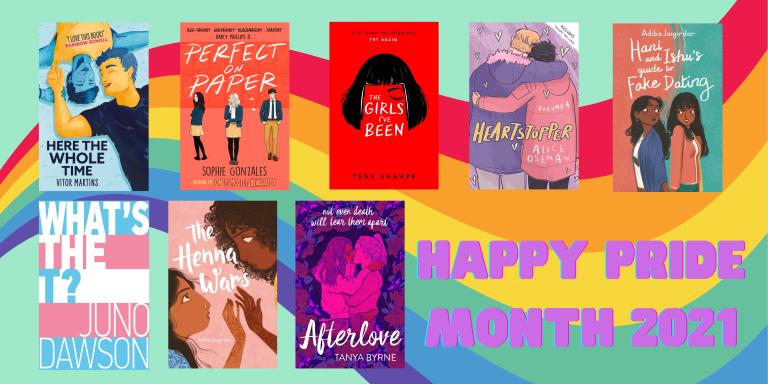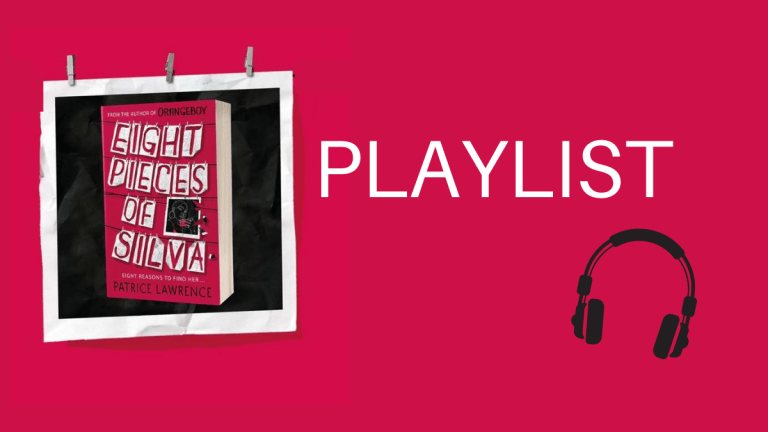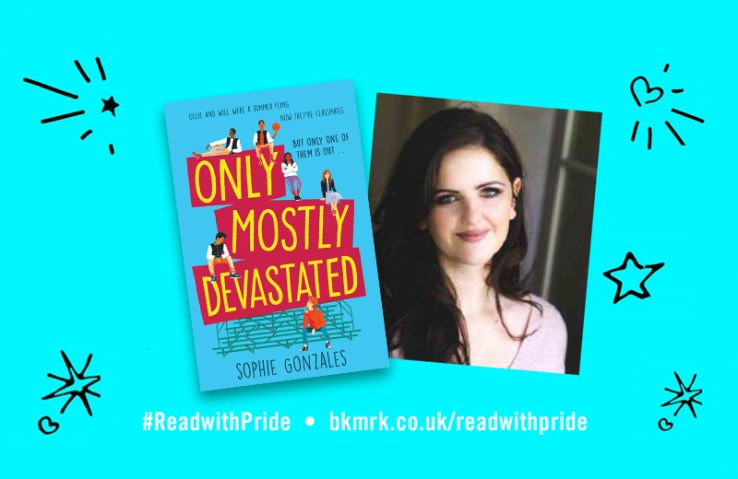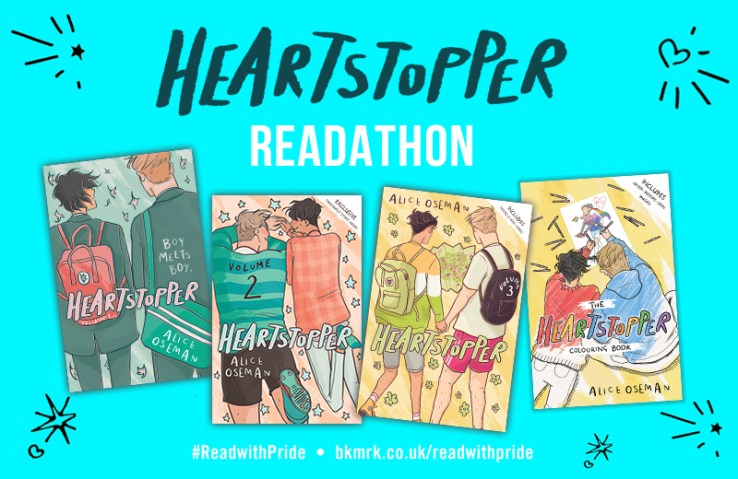Read With Pride: Eight Pieces of Silva by Patrice Lawrence
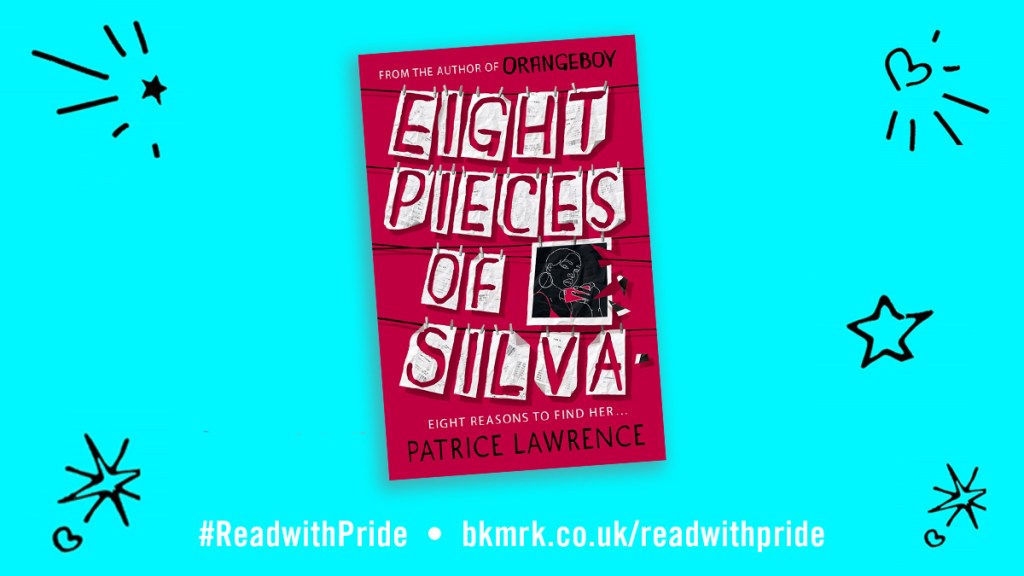
Patrice Lawrence, author of Eight Pieces of Silva, as well as Orangeboy, Indigo Donut and Rose, Interrupted, answers our questions as part of our #ReadwithPride celebrations!
Find out more about our #ReadwithPride celebrations here.
1) Tell us, what is your book/series about in one sentence?
Becks is looking for her missing older sister with the help of a box of clues, a K-Pop soundtrack and the love of a girl called China.
2) Can you tell us a bit more about why you decided to write the book/series?
As usual, a number of things collided in my imagination. First, Becks. I wanted to write about a black, working class, lesbian. I wanted her to be confident in her identities. I wanted her to be the hero. Second, I’d read a book called The Incurable Romantic by Frank Tallis, real-life case studies about people affected by different aspects of love. It made me think – what happens when someone feeling obsessional love meets someone obsessional about being fallen in love with, over and over again. Third, there has to be pop culture. I hate cultural snobbery and really enjoy the way fandoms can bring diverse people together.
3) What are some of the LGBTQ+ themes and issues you explore in your book/series?
Becks’ sexuality is a very overt part of her identity – she didn’t come out because she was never in. There’s also a girl she’s attracted to called China who is obviously attracted to her. There’s no conflict here – but I’m dead proud of my nail art scene. That took serious research as my own nails are ragged lockdown talons.
In a sense, that’s the most obvious LGBTQ+ theme. But if you are part of a group that has been demonised, sometimes to the point of violence, you can be hyper aware of your environment. How safe are you to be the person you really are without being abused or threatened? Becks is black, a woman and a lesbian – three reasons for her to feel occasionally vulnerable.
I also wanted to acknowledge how LGBTQ people don’t just come out once – it’s over and over again to anyone who makes assumptions about sexuality – schools, healthcare, relatives etc. Hence, Becks’ scene with her father. It’s light touch, but his automatic assumption is that she has a boyfriend. Would it be easier to just let him hold that assumption?
Finally, I wanted to think about her points of reference – the things she enjoys because they feel like they’re for her!
4) What is your favourite LGBTQ+ book and why?
Bernadine Evaristo’s Girl, Woman, Other. Most of the LGBTQ books I’ve read tend to be about men and/or set in America – and are predominantly white. Bernadine’s book is a social history of London as well as exploring the impact of colonialism and immigration, gender and race politics and the ways our lives are surprisingly interconnected. It also begins and ends on London’s Southbank, one of my favourite places. In addition, Bernadine has supported and encouraged me as I’ve started my career. She’s wonderful.
Patrice will be joining Lucy Powrie for a Twitter Q&A on Friday 7th August at 6.30pm. Share your questions with #ReadwithPrideChat and @lucythereader and @lawrencepatrice

